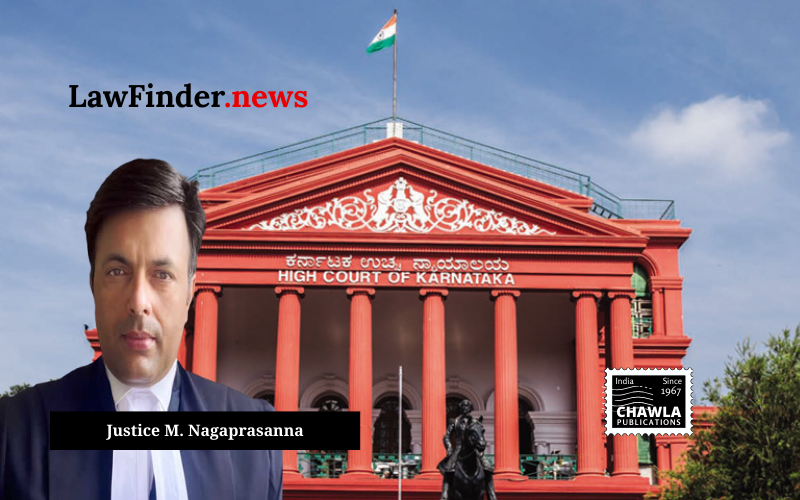Court affirms equality under the Constitution, rejects challenges to slum area notifications near Sree Kalikamba Temple
In a landmark judgment, the Karnataka High Court has dismissed a petition filed by devotees of the Sree Kalikamba Temple in Mandya, challenging the acquisition proceedings under the Karnataka Slum Areas (Improvement and Clearance) Act, 1973. The Court has reaffirmed the rights of slum dwellers to reside near the temple, emphasizing that their dignity is as sacred as that of the devout.
The case, titled Ikkalakki Ramalingegowda v. State of Karnataka, involved a writ petition seeking the eviction of slum dwellers residing in proximity to the Sree Kalikamba Temple. The petitioners argued that the presence of slum areas around the temple compromised its sanctity and serenity, and they requested the relocation of the slum residents to housing constructed by the Slum Development Board.
Justice M. Nagaprasanna, presiding over the case, ruled that the rights of slum dwellers cannot be suppressed for the convenience or interests of other parties. The Court declared that the sanctity of the temple is not endangered by the coexistence with slum areas, and equality is enshrined under the Constitution, which does not admit gradations of worth.
The judgment highlighted that the petitioners, devotees of the temple, lacked the locus standi to challenge the notifications under Section 3 of the Karnataka Slum Areas (Improvement and Clearance) Act, as they were neither "persons interested" nor "owners" of the property. The Court noted that the Temple Samithi had encroached upon government land, and the compromise deed, which was the basis for the final notification, was lawful and binding.
Furthermore, the Court dismissed a review petition filed by the Temple Samithi seeking to overturn the final order passed in Writ Petition No. 3910 of 2006, reiterating that the compromise had been entered into with full awareness and consent. The principles of review, as outlined by the Supreme Court in Kamlesh Verma v. Mayawati, were deemed inapplicable in this case, as there was no error apparent on the face of the record.
The ruling underscores the Constitution's commitment to equality, stating that the dignity of slum dwellers is no less sacred than that of the devout. The Court emphasized that India's endurance as a nation requires that no citizen be consigned to a second-class existence, and the rights of one cannot be secured by the suppression of the other.
Bottom Line:
Rights of slum dwellers are equal and cannot be suppressed for the convenience or interests of other parties. Sanctity of a temple is not endangered by the presence of slum dwellers residing near it, and dignity of slum dwellers is as sacred as that of the devout.
Statutory provision(s): Articles 19, 29, and 300A of the Constitution of India, Karnataka Slum Areas (Improvement and Clearance) Act, 1973 Section 3(1), Civil Procedure Code, 1908 Order 47 Rule 1
Ikkalakki Ramalingegowda v. State of Karnataka, (Karnataka) : Law Finder Doc Id # 2782151




